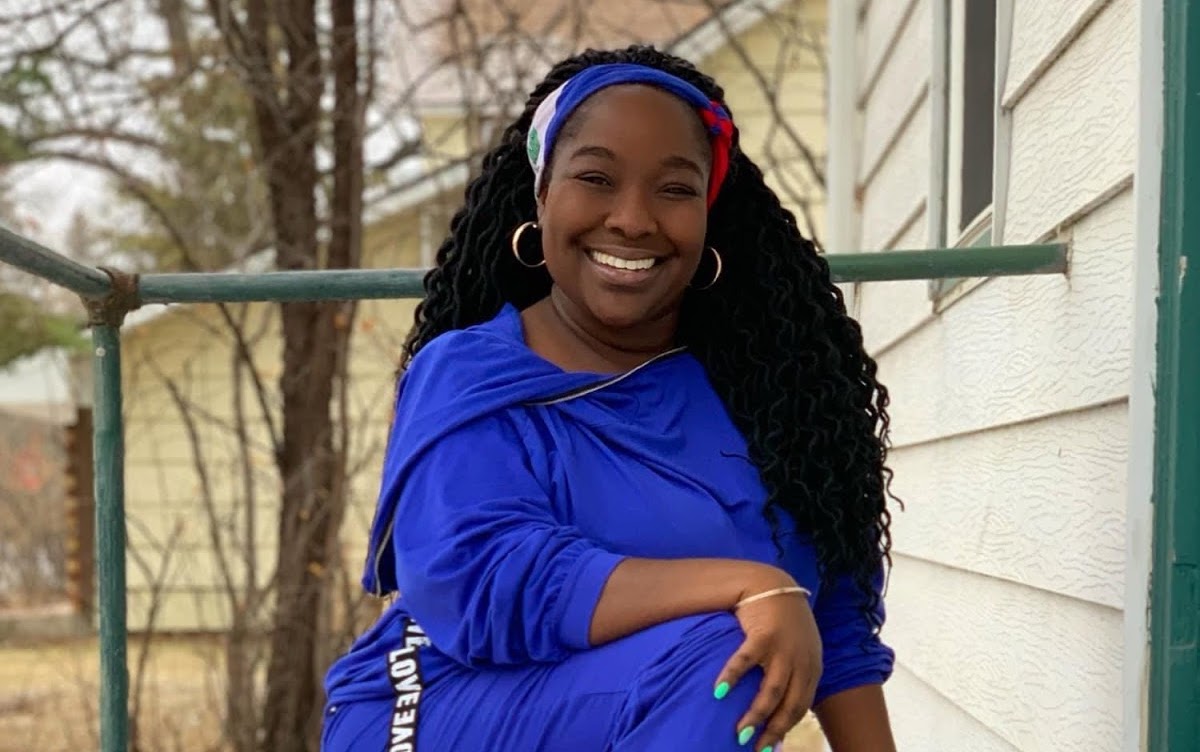While this past year has been entirely unusual, there are still several things that remain the same. Poverty continues to be a problem in the United States and has only gotten worse during COVID-19. Concordia’s Diversity Equity Inclusion Commission (DEIC) sought to understand poverty and its impact.
In previous years, DEIC would host a DEIC poverty simulation in which students would be given a backstory and attempt to climb out of poverty. Due to COVID-19 social distancing guidelines, this event wasn’t able to happen this year.
Instead, DEIC is hosting a seven-part virtual event series “Understanding Poverty.” These events explore the intersectionality between poverty and other factors including race, the environment, capitalism and COVID-19.
“Every human being intrinsically deserves to live a life of dignity with access to the things that allow them to use their talents in the world,” said Ken Foster, a political science professor. “Eradicating poverty is an important challenge of our time.”
Sophomore and DEIC special events commissioner Mattie Bogart organized Martin Luther King Day events as well as the poverty events series. While these events do not look typical of a normal year, Bogart feels this challenge allowed DEIC to be creative and find new ways to inform.
DEIC also featured an event that looked specifically into the effects of COVID-19 on poverty.
“COVID-19 has had a huge effect on communities and poverty. It is super important to be conscious of issues of poverty right now,” Bogart emphasized. “It was really interesting to see how current events tied into our learning.”
In addition to the impacts of COVID-19 on poverty, DEIC invited podcaster Josette Ciceron to speak at “Understanding Poverty: The Race to the Top,” a session held on Feb. 25 about race and poverty.
As the wealth gap grew over the years, racial minorities have been further burrowed into poverty. Intergenerational poverty, stemming from the time of slavery, still affects Black people today.

“We inherit our poverty the same way others inherit wealth,” Ciceron said, reflecting on her own experiences with generational poverty. Ciceron emphasized this fact and encouraged students to seek change in the systems that cause poverty.
One of the systems Ciceron spoke about was capitalism. DEIC also hosted the event “Understanding Poverty: The Dark Side of Capitalism” with Foster and sociology professor Matt Lindholm speaking.
“We have persistent poverty in America and rising levels of inequality. It is clear that everyone knows now that wealth generated over the past 30 years has mostly gone to the 1%,” Foster said. “The capitalist system in the U.S. is not working for the benefit of most people.”
“I want people to understand that there are choices made by governments that determine how capitalism works for people. For me, the question isn’t whether to get rid of capitalism or not but rather what can we do to make capitalism work better for people,” Foster said.
Bogart kept this in mind when hosting this event.
“I was hoping to bring light to the fact that the systems — capitalism being one of those systems — we live in are oftentimes easily manipulated and can be the cause of a lot of inequity. This is not to say that capitalism isn’t a good system, it’s just that there are things in the capitalist system in America that could be improved.”
Capitalism is closely tied to poverty. Foster expands on this idea.
“One of the things we talked about at the panel is that capitalism both generates pathways out of poverty while also generating new forms of poverty,” Foster said. “That’s the double-edged sword of capitalism.”
While poverty is a persistent problem, students should continue to be proactive against it.
“Students should learn more about capitalism, and economics in general, because that’s the world we live in. it’s a world that is in many ways, structured around a capitalist economic system. You can’t change it if you don’t understand it,” Foster said.
DEIC plays a role in this by educating students about current issues, especially diversity, equity and inclusion issues. There are two more events in the series coming up. On Mar. 4, Poverty Trivia will be held and the final event explores the environmental impacts of poverty on Apr. 22. Students who attend may win a grand prize of Apple AirPods.
“Diversity, equity and inclusion issues are the root of almost every problem in America, from poverty to environmental issues — all of it,” Bogart said. “If you are interested in anything that is wrong with our world, you should be interested in diversity, equity and inclusion.”

